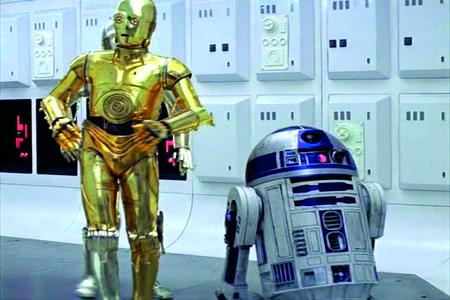


Our memories are like a video tape, faithfully recording everything that we have experienced - these impressions are then filed carefully away so that we can retrieve them whenever we want. Or are they?
It might surprise you to learn that this might not be quite the case. Apparently our brains adapt and mould memories to make sense of the world after the event - often filling in the blanks, changing key events and bending the truth. It turns out that our memories might be more like those VHS tapes after all, perhaps one that has been left out in the sun for too long - where the playback is barely discernible through the haze of crackle and weird green and purple colours.
One of the pioneers of research into the flimsy nature of our recall is Elizabeth Loftus who began conducting a variety of experiments in the 1970s. One of her early studies made a focus of the use of language and how this could be used to influence our recollection of events.
In her test, 45 participants were asked to watch different videos of a car accident.
Afterwards they were asked to fill out a survey. Some were asked: “How fast were the cars going when they smashed into each other?”
Others were asked the same question but the word ‘smashed’ was substituted with ‘bumped’.
Simply by changing the language, those taking part in the experiment were found to have remembered the speed of the collision differently.
The researchers then asked the participants if they had seen any broken glass, knowing that there was no broken glass in the video. Most of those in the “smashed” group said they had seen broken glass.
The study indicated that phrasing of a question could alter our memory recall. Weird eh?
And also a little worrying considering it is memory that some might consider to be the very essence ofwhat makes us individuals.
Other studies show a similar effect, for example if you ask how tall they remember a person being, people tend to give a higher answer than if they were asked how short that same person is.
False memories are often shared by many people, with those false ideas becoming stronger in people’s minds through the powerful effect of mass consensus of opinion. There are many examples that people have shared online.
One of the best I have discovered is the fact that C3-P0, the golden droid from Star Wars actually has a silver leg - I kid you not - from his knee to his foot. And he always has had, even in 1977!
Films and television are a particularly rich source of these false memories, try these for size:
Life is like a box of chocolates - Forrest Gump.
Doesn’t say it. He says life was like a box of chocolates.
Sex in the City - no such series - it’s actually called Sex and the City.
Luke I am your Father - Darth Vader. Nope, he actually says “No, I am your Father.”
Also, I remember The Young Ones being incredibly hilarious - I saw an episode on YouTube the other day… it was no longer incredibly hilarious.
We’re through the looking glass people.